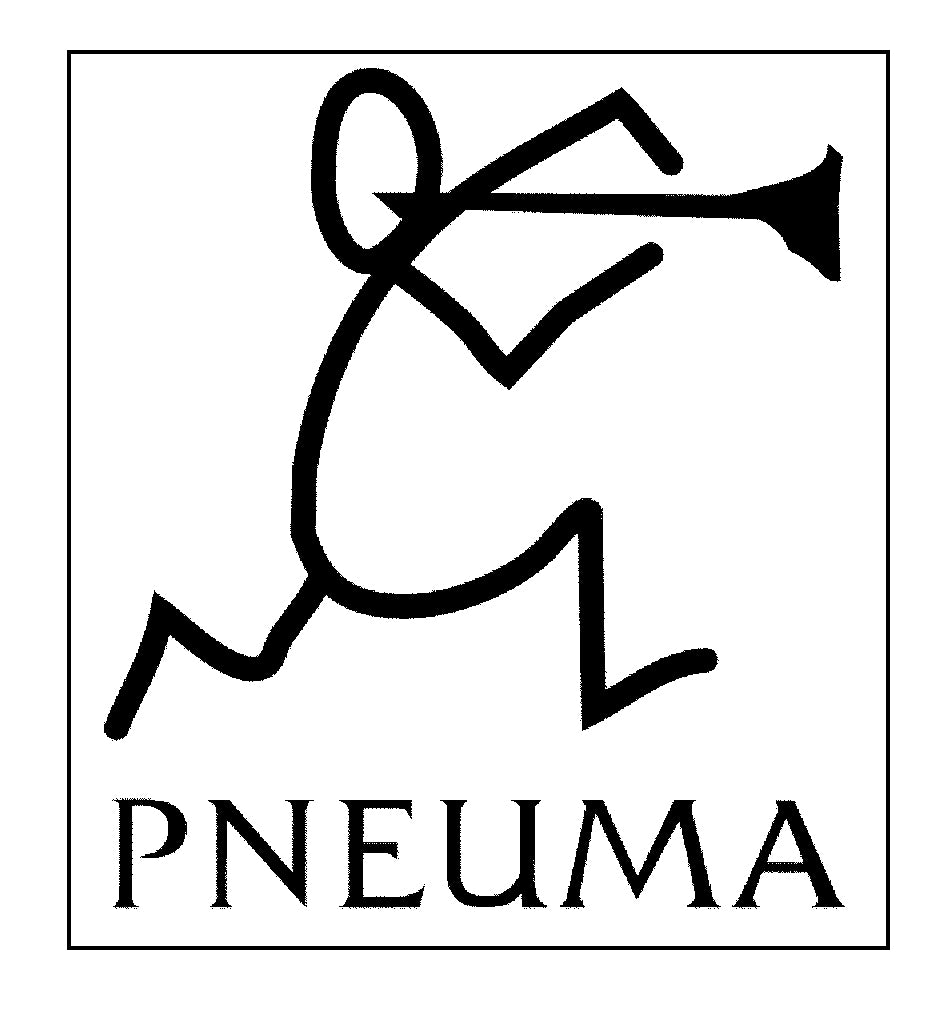HILAL • CRESCENT MOON • LUNA CRECIENTE
Naseer Shamma & Oyoun
Arab Chamber Music
1 Hali Bihi Yahlu. He Fills my Spirit to the Brim. Mi ánimo con Él queda colmado. 4:38
2 Bein elnakhil. Amid the Palm Trees. Entre las palmeras. 6:34
3 Halat wayd. In a State of Passion. Estado de pasión. 7:49
4 Hilal al Saba. 7:37
5 Zaman al-Nahawand. The Time of Nahawand. La era de Nahawand. 8:05
6 Taalim Huviyya. The Precepts of the Houri. Preceptos de la hurí. 5:58
7 Ishraq. Illumination. Iluminación. 6:41
8 Lil Ruh hadith. The Discourse of the Soul. Discurso del Alma. 4:42
9 Subhan el dayem. He is the Eternal One. Él es el eterno. 6:18
DDD 58:39
Naseer Shamma ´Ud y Dirección
Sabir Abdel-Sattar Qanun
Hani Al-Badri Ney
Al-Ghandoor Hussein Violín
Said Kamal Violín
Walid Yahya Violín
Imadel Deen Abel-Monim Cello
Salah Rajab Contrabass
Omar Mustafa Req (percusión)
ENGLISH AND ARABIC COMMENTARY INSIDE
Depósito Legal: M-19761-2005
Portada: The Feast of ‘Id Begins, Fiestas final de Ramadan. Diwan of Hafiz, 16th century • Desingn: Pneuma
Calligraphy and photos by Khalid Kaki • Arabic translation: Bahira M. Abdulatif • English Translation: Lesley Ann Shuckburgh
Sound: HUGO WESTERDAHL, 5 Marzo 2005, AXIS-MADRID
Naseer Shamma, Bait Al-Aoud Al-Arabi, Egyptian Opera House, Al-Gazeera • www.naseershamma.com · naseershamma@hotmail.com
Producción: EDUARDO PANIAGUA • 2005 PNEUMA • All Rights Reserved • MADE IN SPAIN
NASEER SHAMMA.
Una trayectoria lúcida en busca de autenticidad.
Naseer Shamma comenzó a tocar el laúd a los 14 años en su ciudad natal Wasit (Iraq). Estudió cinco años en el Conservatorio de Música Árabe de Bagdad, conocido por sus grandes maestros del laúd: As-Sharif Muhyi al-Dín, Jamil y Munir Bashir, Salman Shukr y Alí al-Imám.
Fue apodado “el pequeño Ziryáb” en su primer concierto dado en Francia en 1985. Acabados sus estudios en 1986, comenzaron a otorgarle premios: Mejor melodía (Iraq 1986), mejor músico árabe en el Festival de Geras (Jordania 1988), homenaje de la Unión de Artistas Iraquíes en 1988, 1989 y 1990, mejor composición para teatro en Cartago (Túnez 1990), medallas y condecoraciones en Marruecos 1992, Túnez 1992 y Portugal 1996.
A los 25 años formó el grupo de laudistas Al-Bayariq. Poco después dio a conocer, junto a un investigador alemán, un manuscrito de al-Farabí conservado en Irlanda.
Como intérprete ha creado una técnica para tocar el laúd con una sola mano, motivado por sus amigos mutilados víctimas de la reciente guerra de Iraq.
Naseer ha profundizado en la Escuela de laúd iraquí, siendo conocedor de las escuelas turca, egipcia y persa. En un dialogo con el pasado ha rescatado música babilónica.
Ha sido profesor de laúd cinco años en el Conservatorio de Música Árabe de Túnez (1993-1998). Ha fundado la Casa del Laúd Árabe de Egipto, donde reside en la actualidad, y con sus alumnos ha formado el grupo Oyoun, cosechando gran éxito.
Su labor como compositor enriquece la milenaria música árabe, mostrando sus composiciones en decenas de conciertos anuales como solista en los cinco continentes.
DISCOGRAFÍA:
Le luth de Bagdad, 1994, Francia.
Iluminación (Ishraq), 1996, Italia.
Despedida de la luna (The moon fades), 1999, Francia.
Maqamat Ziryab, 2002 Madrid, (PNEUMA)
State of Passion, 2004 El Cairo.
Old Dreams, 2004 Argelia
LAS OBRAS MUSICALES
Los temas de estas composiciones musicales están imbuidos del misticismo sufí, partiendo de mi profunda convicción de que la música puede ayudar al ser humano a realizar el encuentro consigo mismo, con su entorno y, lo que es más importante, crear un ambiente que, evocando la pureza espiritual y mental, le acerque al Creador.
Pretendo abrir esta música, tan estrechamente vinculada a mi entorno vital y cultural, a la influencia de otras culturas, para que rompiendo fronteras reflejen el espíritu universal del ser humano. En ocasiones la evocación del pasado remoto me tienta a recrearlo y traer al presente su ambiente sonoro. Otras veces anhelo la vanguardia del futuro, de manera que el presente se manifiesta como un continuo devenir entre pasado y futuro.
Las obras de esta grabación expresan estados de ánimo, sentimientos y emociones que han marcado mi existir y que, llegando a lo más profundo de mi ser, han deleitado mi espíritu por encima de mi propia voluntad.
Quisiera compartir con los que me escuchan los estados de pureza y felicidad que sólo encuentro a través de la música.
Naseer Shamma
OYOUN, MÚSICA ÁRABE DE CÁMARA
Desde su formación en 1998, OYOUN ha sido un taller de ensayo continuo para un grupo de músicos que utilizan un repertorio inagotable de escalas, ritmos y melodías. Una técnica basada en el continuo aprendizaje y en la interpretación viva que les lleva al afán de crear una nueva manera de presentar la música árabe clásica de cámara, cuyo origen se remonta a los tiempos del califato abasí en Bagdad en la época del Califa Harún al-Rashid (siglo VIII).
El melómano percibe la perfección técnica y la sensibilidad con que OYOUN interpreta cada frase musical, dando a sus conciertos una especial fascinación.
En 1999 tuvo lugar la primera audición de OYOUN en El Cairo. Le siguieron numerosos conciertos, pasando en pocos meses a ocupar un lugar destacado en el panorama de la música árabe actual. Con sus conciertos se ha granjeado también la admiración del público internacional.
OYOUN ha participado en la inauguración del Festival de Ravenna en Italia, en la Feria del libro 2004 de Francfort, en la inauguración de la Biblioteca de Alejandría, así como en otros importantes eventos, entre ellos una gira musical por Japón en 2005.




